House Majority Leader Glen Casada (R-Franklin), issued a press release Monday defending his vote to increase the gas tax through Governor Haslam’s IMPROVE Act, after initially announcing on February 8 his support for the alternative Hawk Plan.
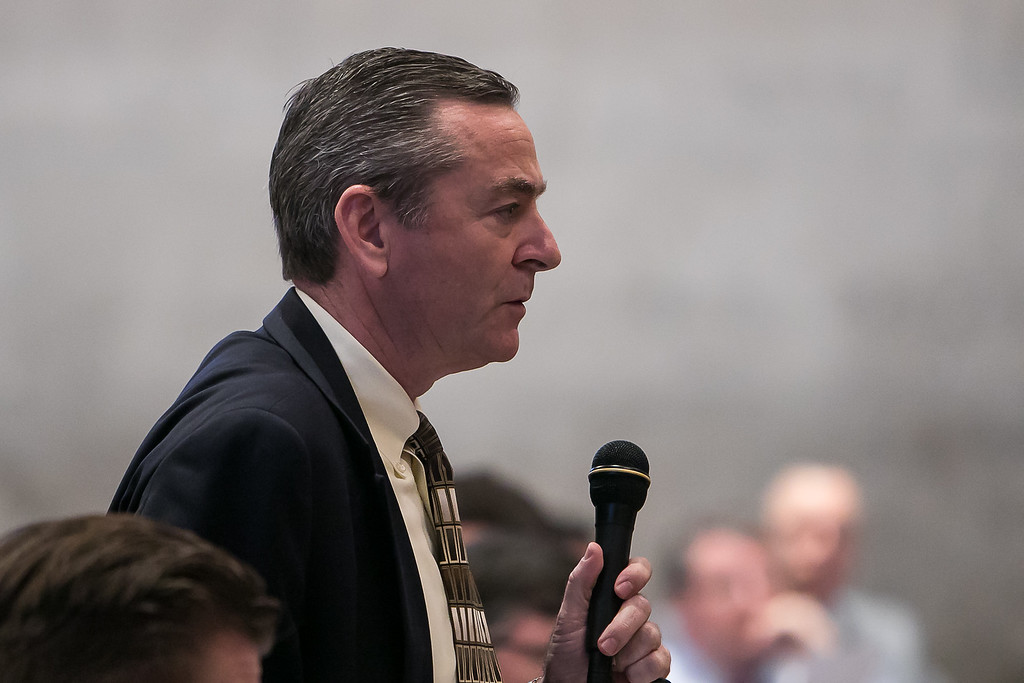
The press release was forwarded via email, addressed to “Friends,” stating “I wanted to forward a statement I released to the press regarding my vote on the IMPROVE Act.”
If the comments on Rep. Casada’s Facebook page responding to posts on the gas tax, the overwhelming majority of which are against the gas tax, is representative of other feedback he’s been getting, it likely prompted Casada’s need to explain his vote.
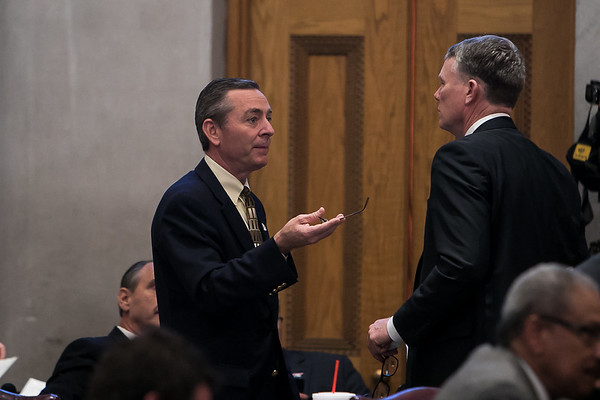
The cover email continued,
Though I still believe there was a better way to fund road construction for Tennessee that did not raise taxes, I did vote for the amendment that was the IMPROVE Act. My support for the alternative plan that would have shifted funds to the Department of Transportation without raising the gasoline tax died twice in committee and again on the House floor. Thus, my only option was to do nothing on road funding, or vote for the IMPROVE Act – the next best vehicle available to attain our goal of improving and expanding roads in Tennessee.
Rep. Casada neglected to explain the details behind the failures of the alternative plan at committee, most notably gamesmanship and breaking of rules by the Chairman of the House Transportation Committee, Barry Doss, as well as Speaker Beth Harwell (R-Nashville) designating Speaker Pro Tem Curtis Johnson (R-Clarksville) to break a tie vote, which would have otherwise killed the bill in Transportation Subcommittee, and a voice vote of the 23-member House Finance Ways and Means Committee chaired by Rep. Charles Sargent (R-Franklin).
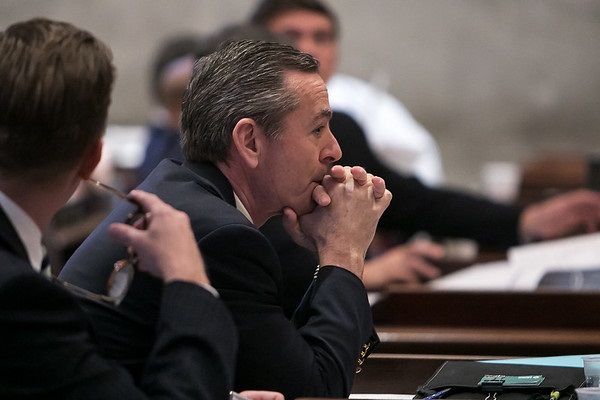
“The IMPROVE Act will be a net decrease in taxes paid by Tennesseans,” the email stated, and continued:
While we will be paying more in gasoline tax, we will be paying less in food taxes and will see a decrease in the Hall tax and franchise/excise tax on businesses. The net result is not only a total less tax burden for us all, but within a few years, we will also see expansion of Hwy 31, Hwy 96, and Nolensville Road as a result of this initiative.
The press release artfully dodges the amount of revenue the tax increases will generate for the state, while saying that tax cuts are more than $300 million annually. But, the math doesn’t add up with the two stated tax breaks of grocery tax at $125 million and $113 million annually. Even with the addition of the Hall Income Tax at $55 million, the total tax reduction is $293 million, and only one of those tax cuts, the grocery tax reduction from 5% to 4% on the state portion, applies to all Tennesseans.

Reference is made to the endorsement from Americans for Tax Reform (ATR) and the Taxpayer Protection Pledge that Rep. Casada and 29 other state legislators signed which commits an elected official or candidate for public office “to oppose (and vote against/veto) any efforts to increase taxes.”
The gas tax supporting legislators thought they were in the clear and celebrated that ATR said the IMPROVE Act was not a tax increase. However, ATR did not respond to The Tennessee Star’s inquiry as to who did the actual scoring of the IMPROVE Act and what data was used, casting doubt on the integrity of ATRs rating process and results.
Time will tell whether constituents’ and voters’ interpretations of what it means for legislators to honor the Taxpayer Protection Pledge has as much flexibility as ATR.
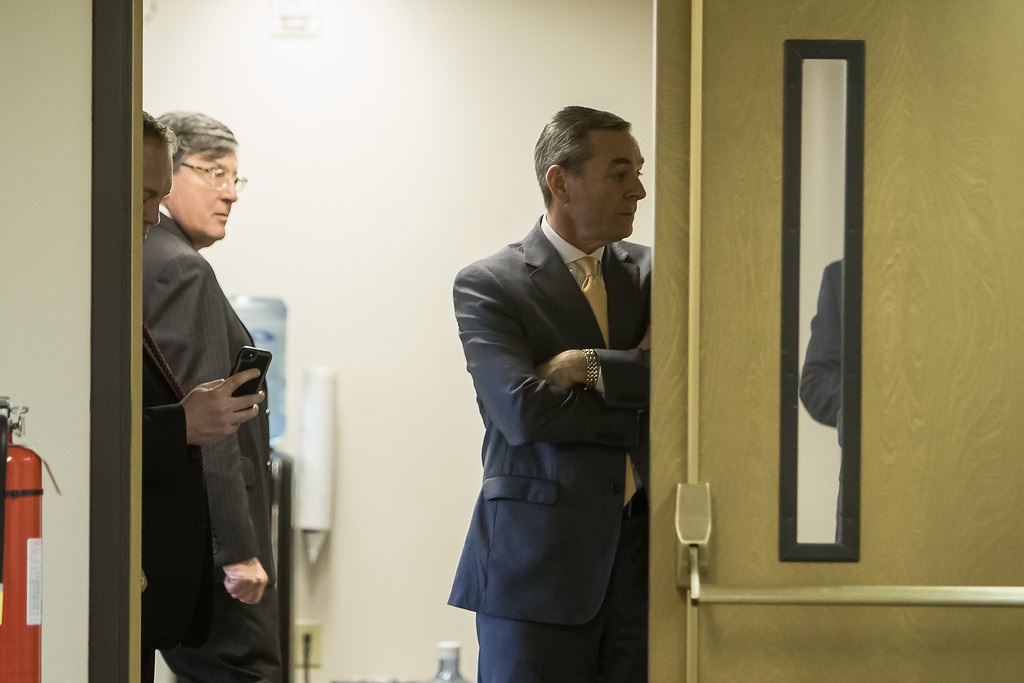
The email closing, “Sincerely, Glen Casada, State Representative 63rd district, East Williamson County,” was followed by the press release, the text from which follows.
House Bill 534 is a sustainable plan that improves the state’s infrastructure, cuts taxes at historic rates, and encourages high quality jobs that maintain Tennessee’s economic momentum. While the legislation raises the tax on gas and diesel by .06 and .10 cents respectively over a three year period, it also reduces taxes by more than $300 million annually. Tax breaks in this year’s IMPROVE Act include a $125 million decrease in the sales tax on groceries, a $113 million reduction in taxes to Tennessee’s manufacturers, and a decrease on the Hall income tax over time before it is completely phased out.
The bill’s momentum was boosted by an endorsement from the Americans for Tax Reform (ATR) organization which confirmed that the legislation’s net tax decrease meant a vote in favor would continue to honor the Taxpayer Protection Pledge signed by many General Assembly members. Americans for Tax Reform is a national conservative group formed by Grover Norquist in 1985 at the request of President Ronald Reagan. The flagship project of ATR is the Taxpayer Protection Pledge, a written promise by lawmakers and candidates for office that commits them to oppose any effort to increase income taxes on individuals and businesses.
The conservative group’s approval follows an earlier announcement in January of this year by the American Conservative Union naming the Tennessee legislature as the most conservative in the nation. Since 2011 and prior to the passage of the IMPROVE Act this week, lawmakers have cut $438 million in taxes, eliminating the death and gift tax, reducing the sales tax on food, and working to phase out the Hall income tax.
In addition to the new funding the IMPROVE Act will provide to the Tennessee Department of Transportation, local governments will also benefit. In total, counties across the state will receive $79 million and cities will see a revenue increase of approximately $35 million per year to use for local road and infrastructure projects.
In Williamson County alone, the legislation will help fund 5 critical projects currently on the state’s backlog list along with 15 additional projects identified by the state as needed for future development.
Before heading to the desk of Governor Haslam to be signed into law, the House and Senate versions of the bill must first be reconciled between the two bodies, which should take place over the next week.

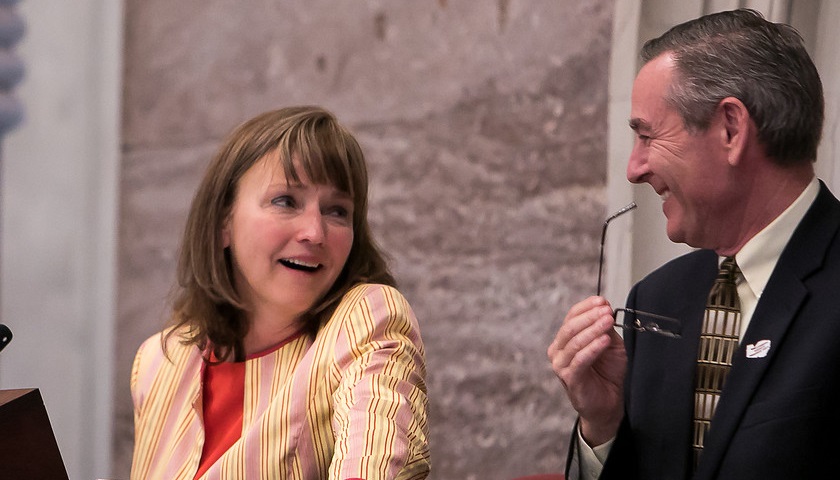
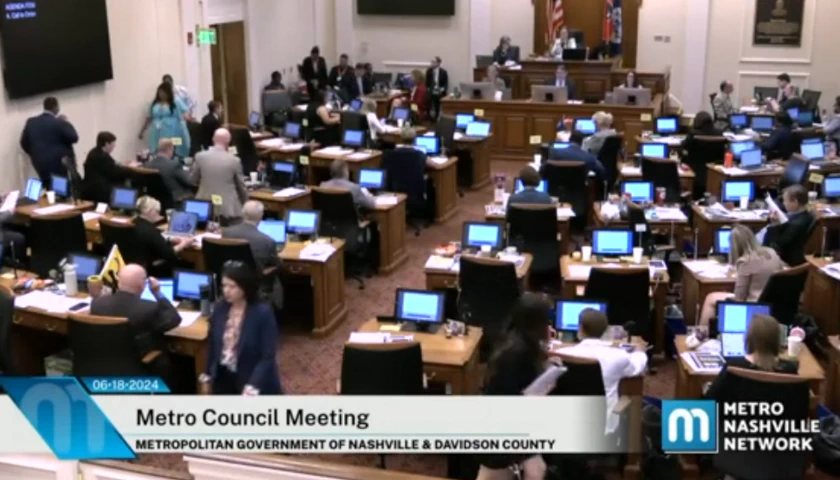

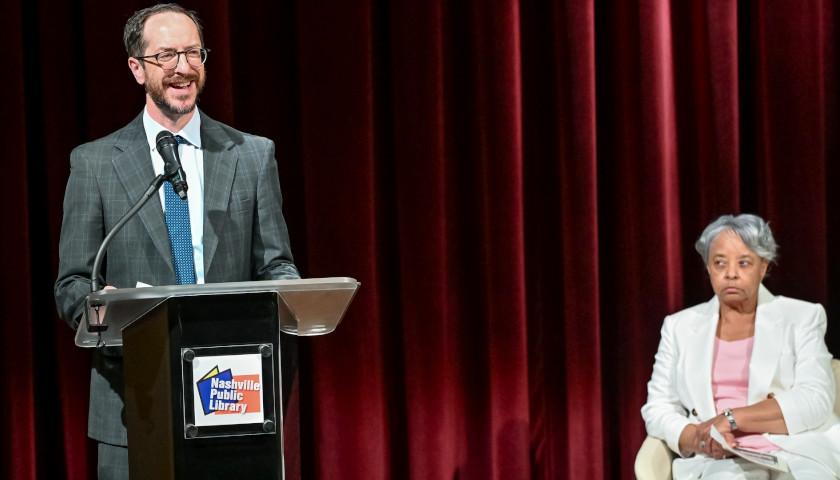
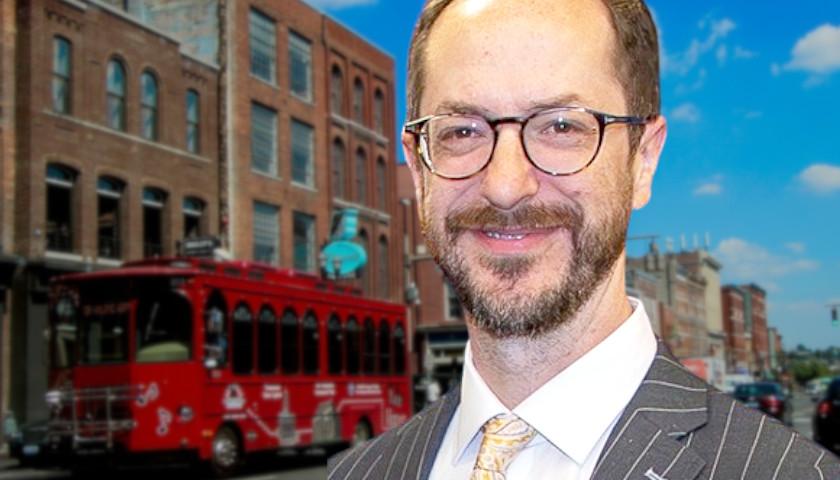
“My support for the alternative plan that would have shifted funds to the Department of Transportation without raising the gasoline tax died twice in committee and again on the House floor. Thus, my only option was to do nothing on road funding, or vote for the IMPROVE Act – the next best vehicle available to attain our goal of improving and expanding roads in Tennessee”.
If the “Other side” held out until you caved in, why didn’t the thought never occur that you should hold out until they caved in???
I’ve heard this “Excuse” until I’m “sick of it”, and the people who “Use it”.